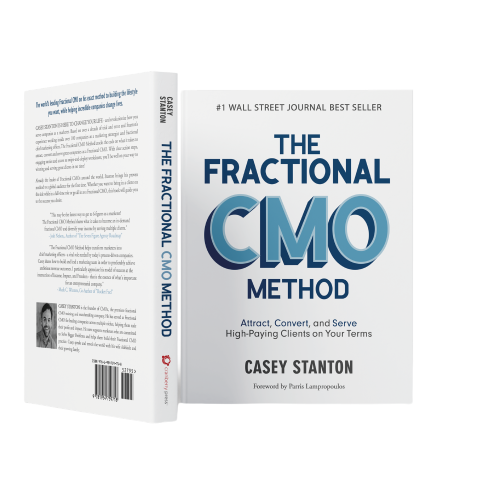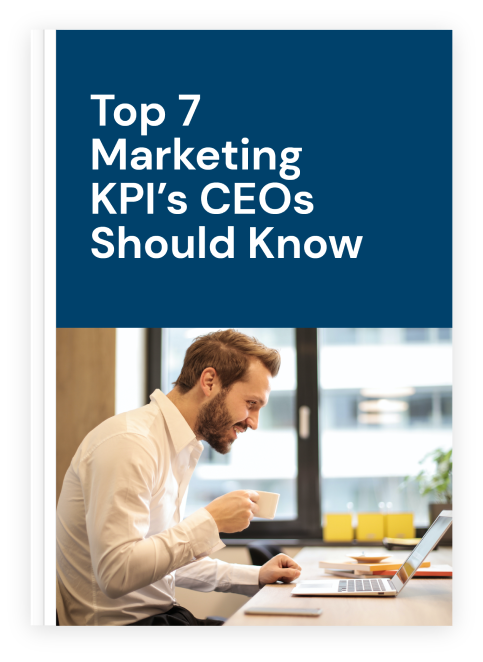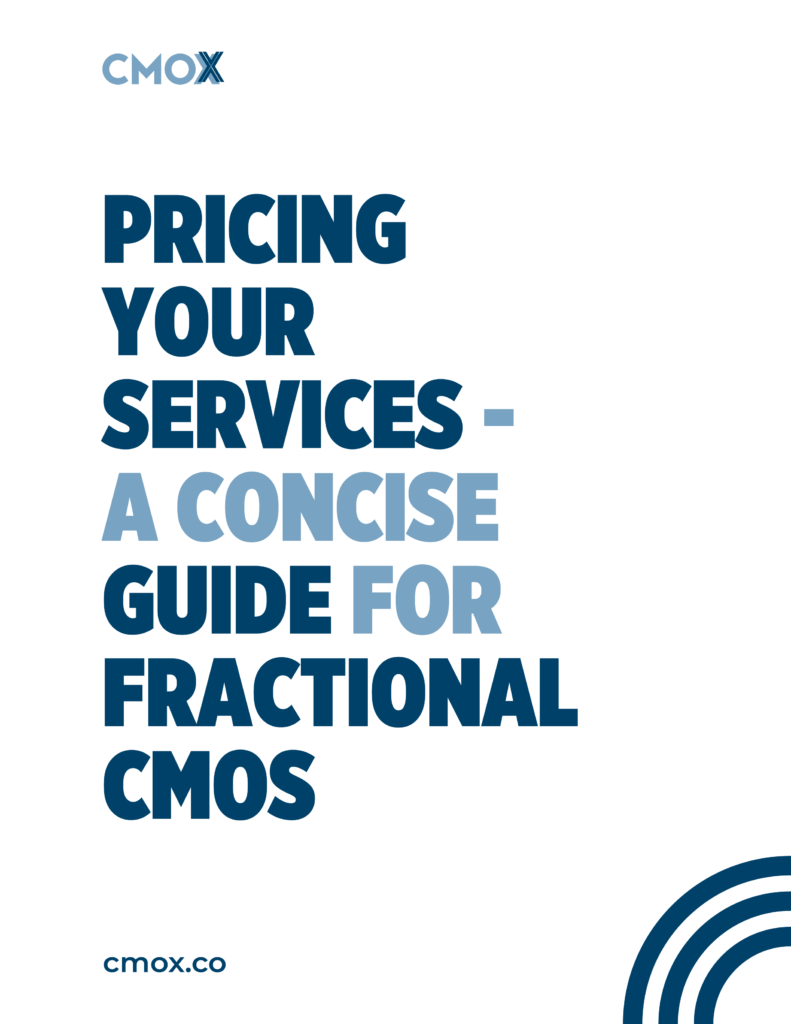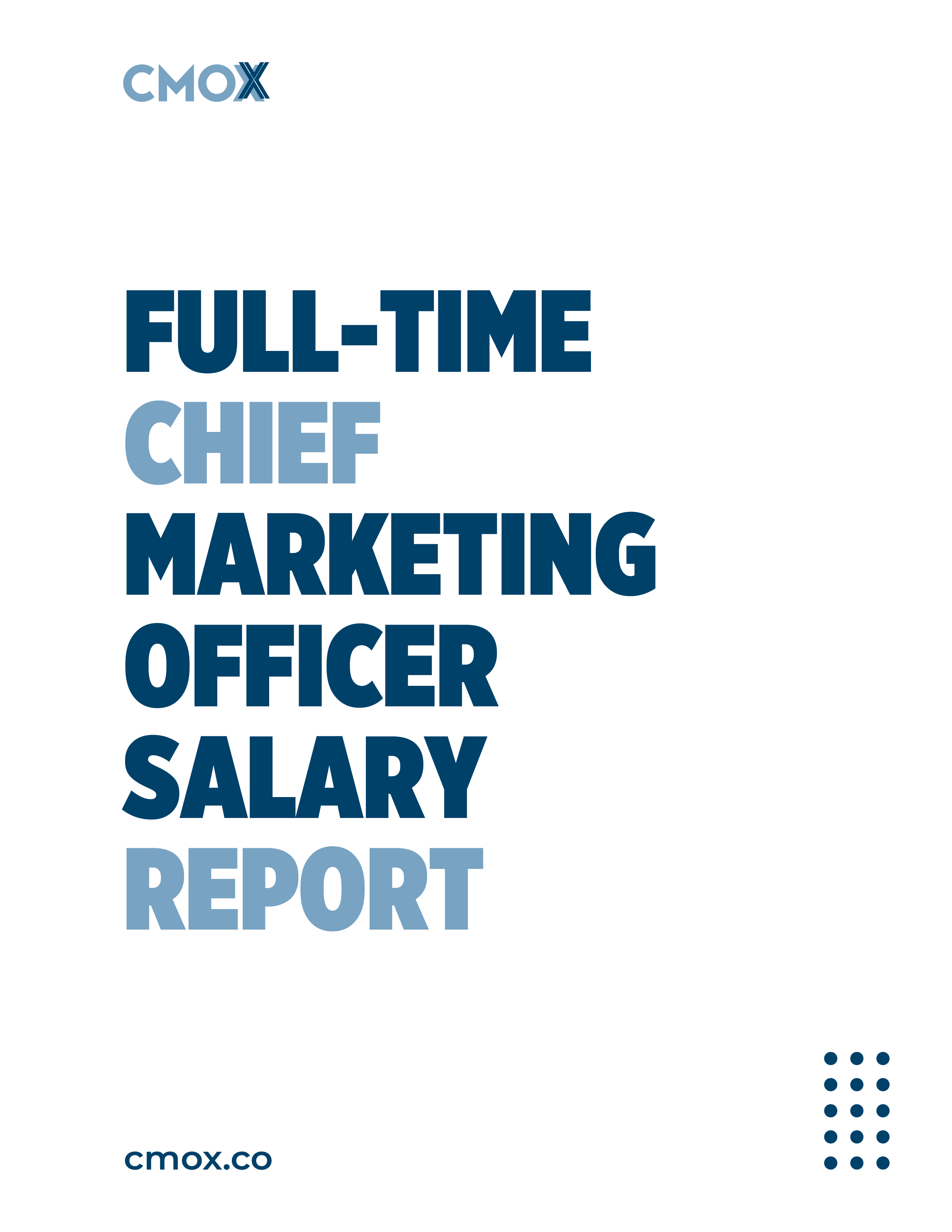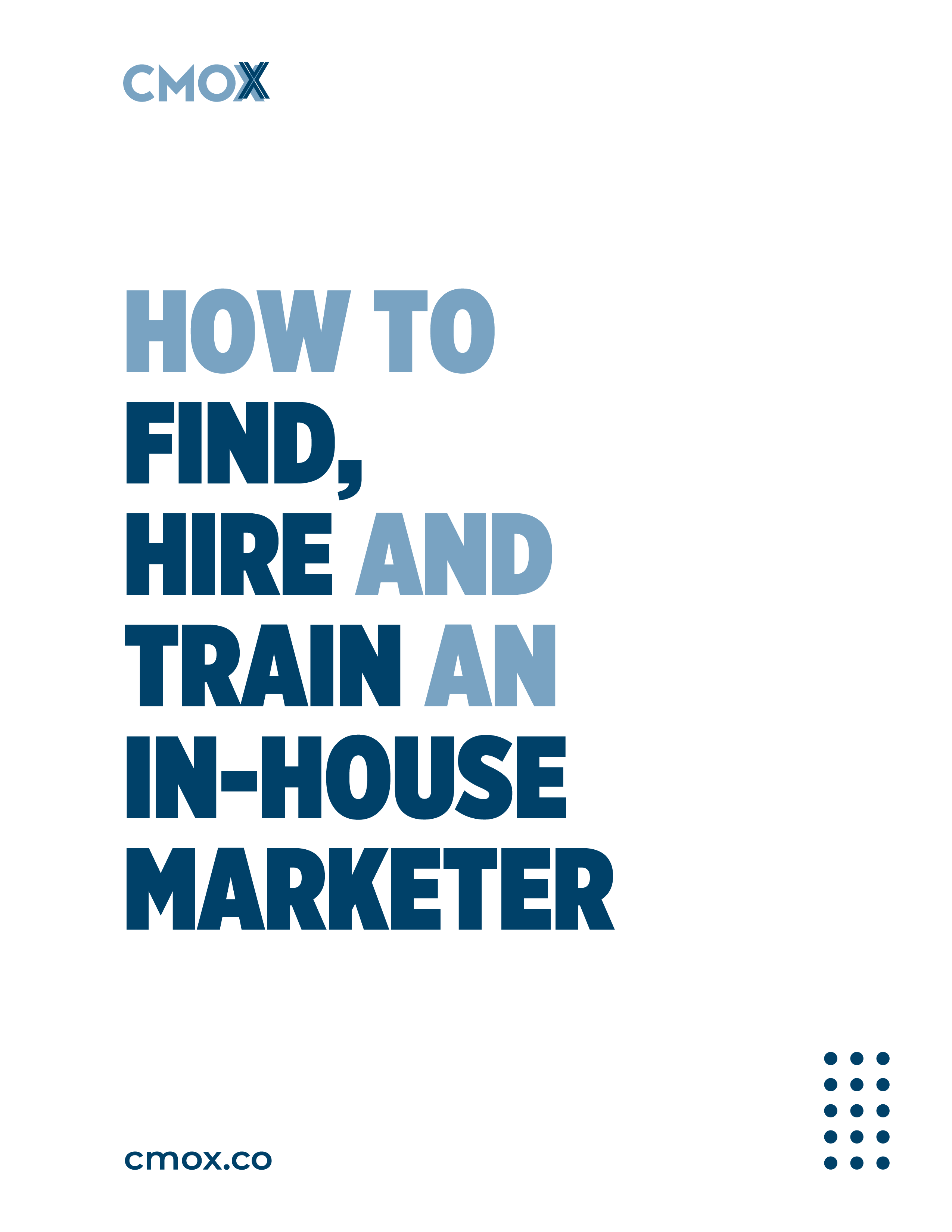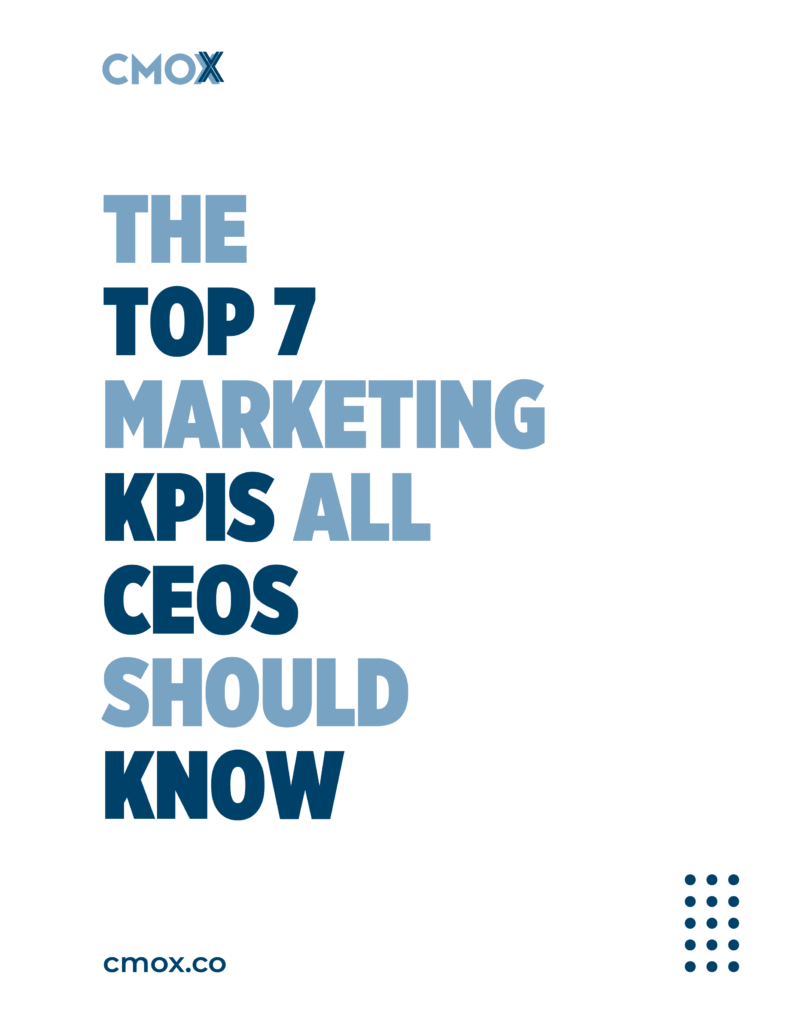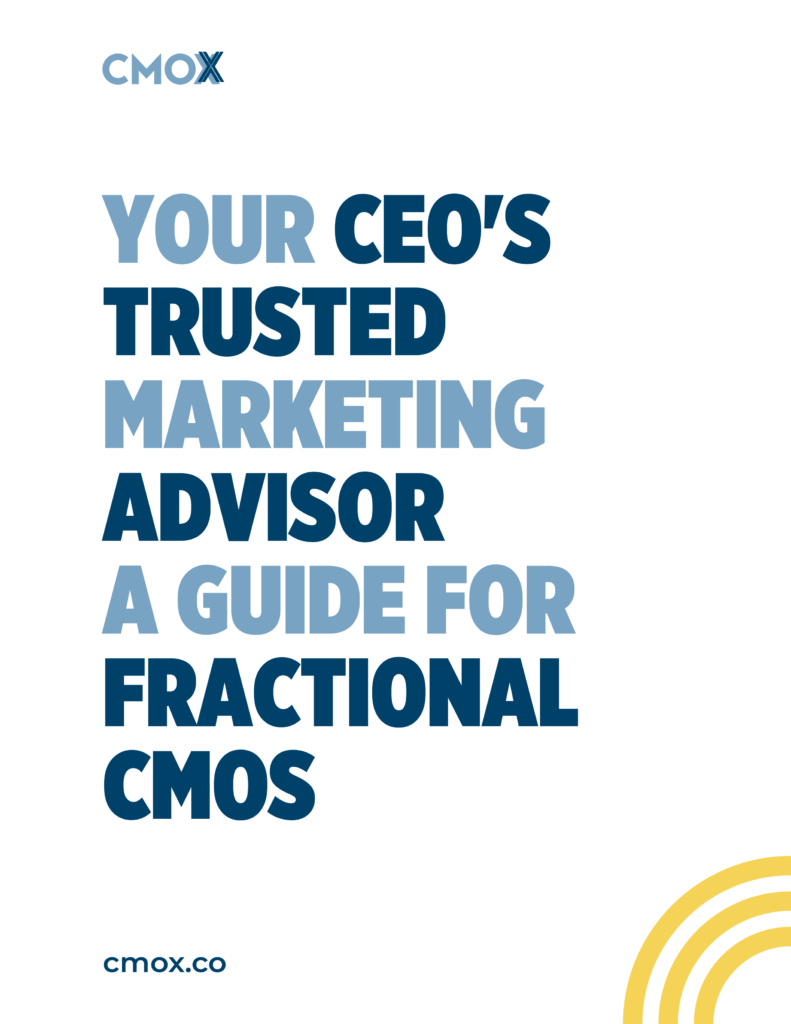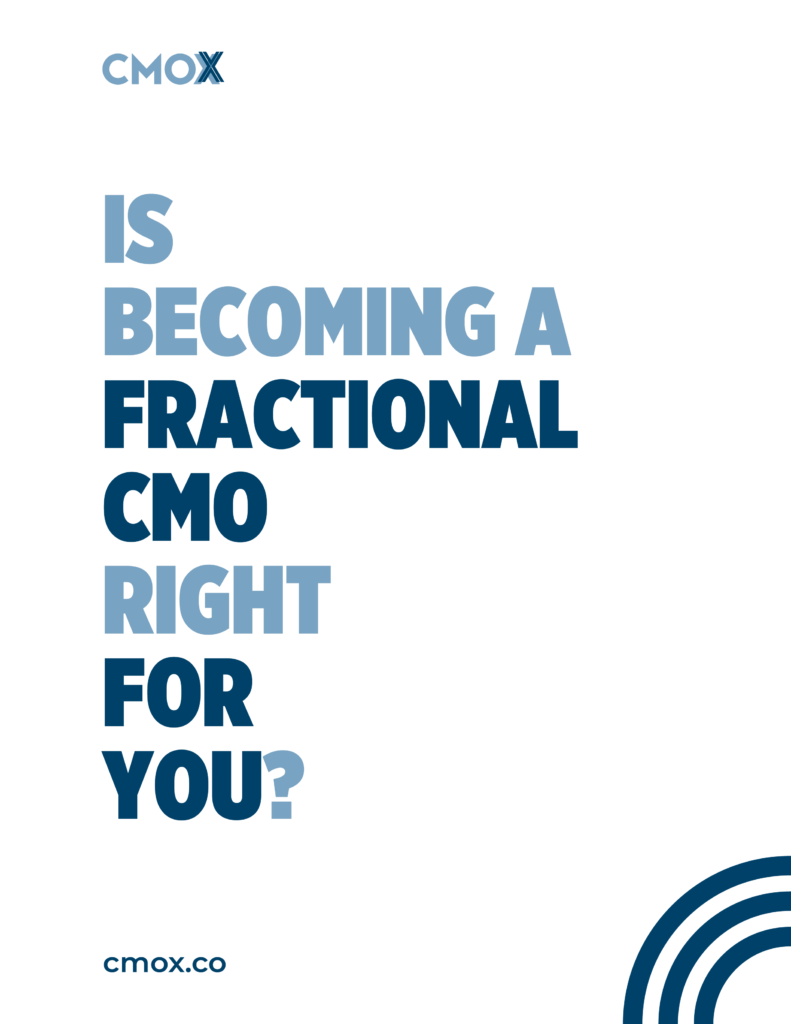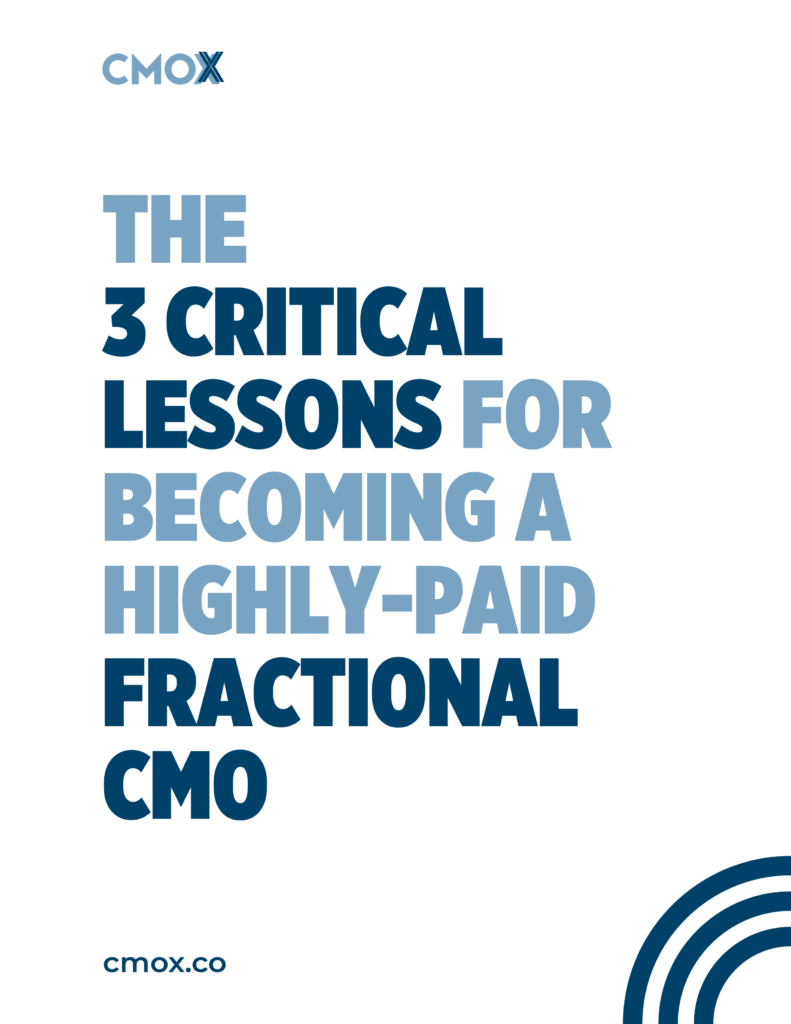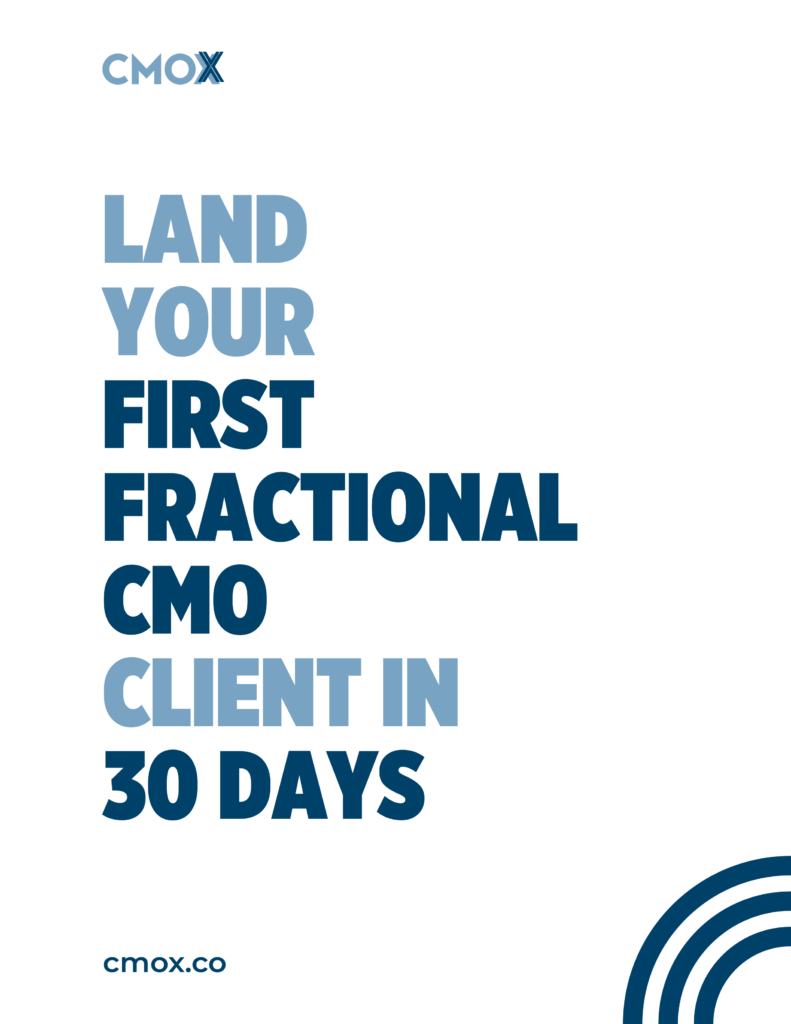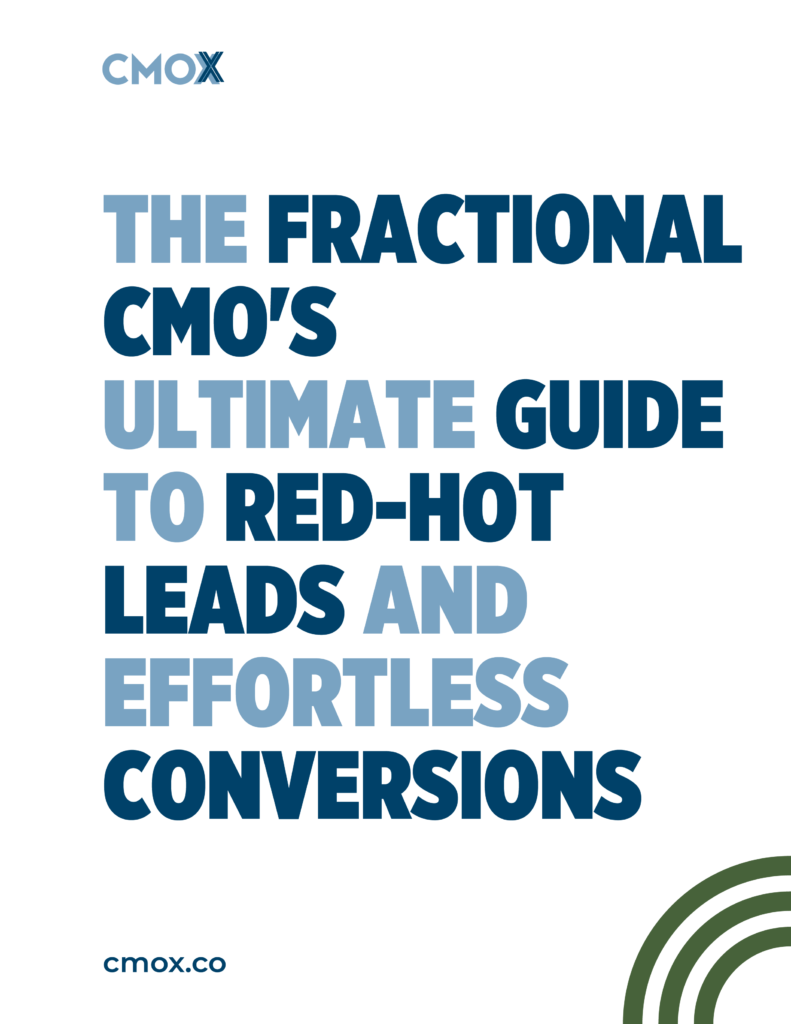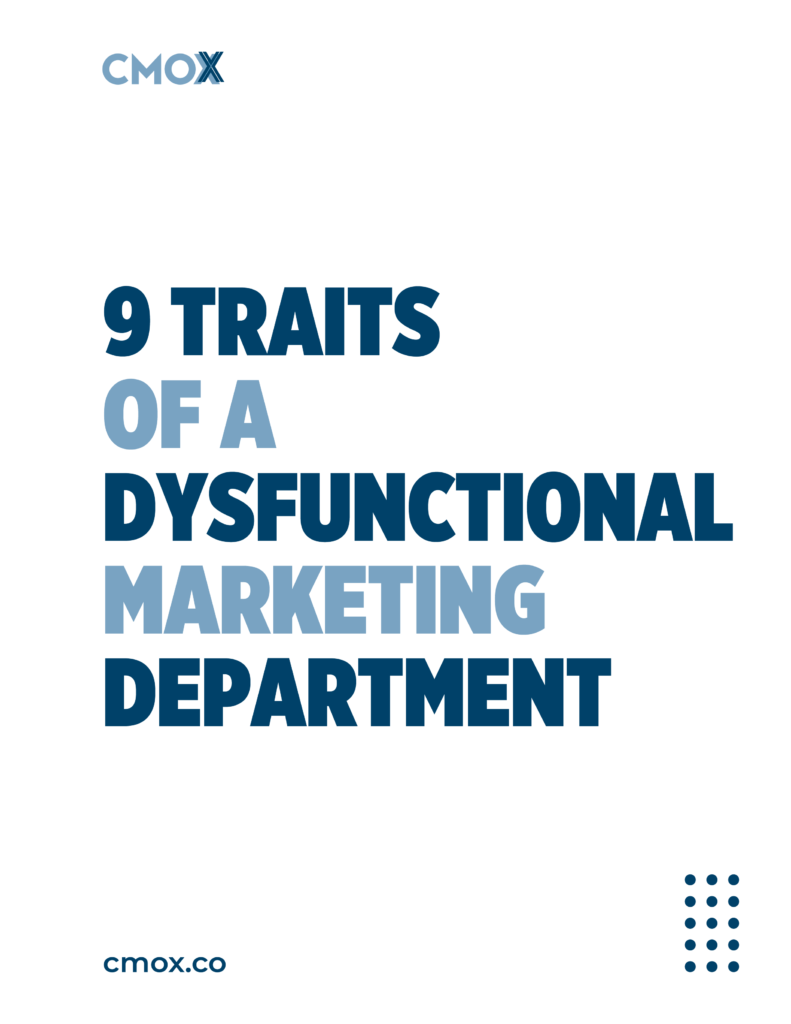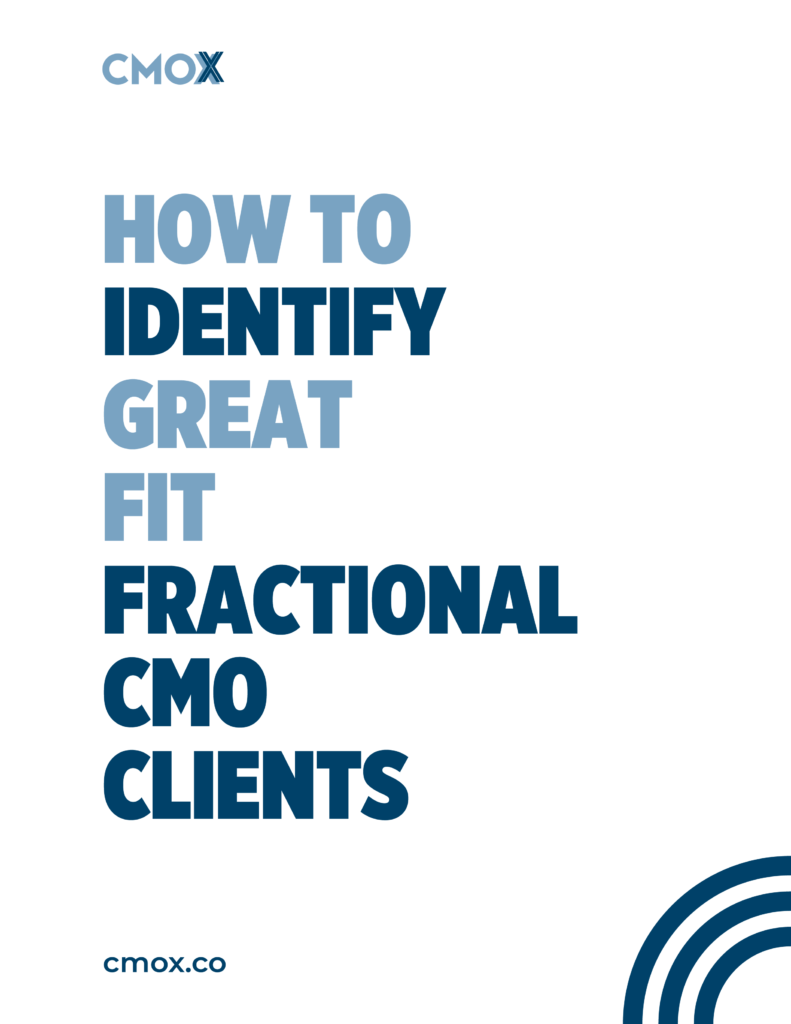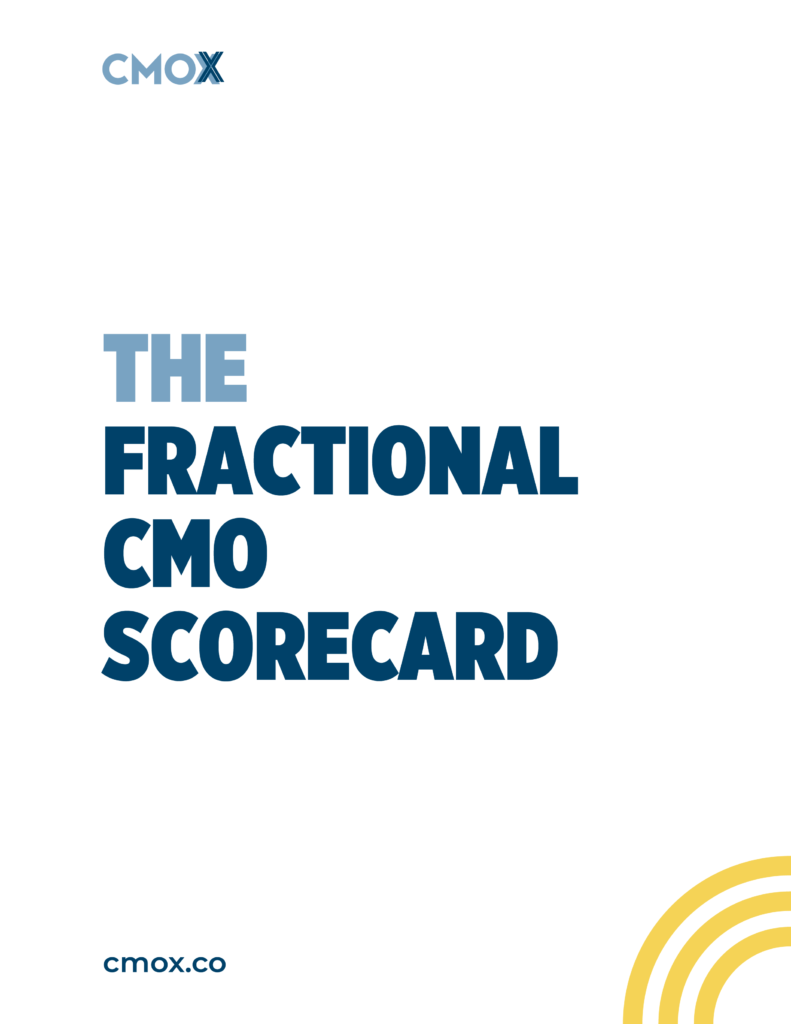Understanding what a marketing consultant does is integral if you’re considering moving away from a traditional marketing role. Marketing trends and best practices can shift quickly and understanding the ever-changing landscape is integral to growing a thriving business. A marketing consultant’s primary duty is to provide guidance for their clients to achieve their marketing goals.
Successful marketing strategy consultants are intimately familiar with the complex labyrinth of marketing and advertising across industries. They can help companies better understand their customers, create and execute targeted marketing campaigns, and offer guidance for communicating with customers, online and off.
A marketing consultant’s tasks feed into the primary responsibility of helping clients build a framework for continuously adapting their digital and offline marketing strategies to industry changes. This overarching goal breaks down into a variety of duties any talented marketing consultant should be prepared to shoulder. If you’re looking to become a marketing consultant, you need a complete understanding of the responsibilities the position entails.
If you’re considering growing your career in marketing, consider becoming a fractional CMO through our CMOx Accelerator course.
Key Takeaways
- Marketing consultant duties include developing marketing strategies and guiding their clients’ teams towards established business goals.
- The qualifications of a marketing consultant typically include a marketing degree and a portfolio of work experience and success.
- Marketing consultants needs to hone specific skills including analytical, time management, and communication skills to succeed.
What Marketing Consultants Do: Typical Duties & Responsibilities
Marketing consultants guide top-level marketing strategy for businesses of all sizes. Their responsibilities include developing marketing campaigns, identifying target audiences, measuring past and present marketing efforts, and guiding their clients’ marketing teams toward their goals. Other duties of a marketing consultant may include identifying the right communication channels, training more specialized in-house marketing specialists, and other tasks according to a given business’s unique needs and goals.
Marketing consultants work on the same general tasks for each of their clients. How these responsibilities manifest varies depending on the business, but the same basic duties apply.
The basic duties of a marketing consultant include:
- Understand a Business’ Goals
- Identify Marketing Needs
- Research Industry Trends & Opportunities
- Evaluate Marketing Efforts
- Provide Feedback on Branding & Positioning
- Plan & Implement Marketing Strategies
- Train Marketing Department
- Identify Solutions & Methods for Conversions
- Track & Report on Ongoing Marketing Campaigns
Understand a Business’ Goals
Before crafting a successful marketing strategy, marketing consultants need an in-depth understanding of their client’s business goals. Do they want to diversify their client base? Are they offering services or products in a competitive industry? Is their plan to grow into multiple locations?
Once a consultant knows what their client wants to accomplish—short- and long-term—they can develop focused high-impact strategies.
Identify Marketing Needs
After identifying where a client wants to go, an experienced marketing consultant should begin analyzing what they need to do to get there. Businesses hire marketing consultants as industry experts who can help them identify gaps or opportunities in their marketing efforts. Expertise and objectivity help determine where companies are expending too much energy and where that energy would be more helpful.
For instance, focusing all digital marketing on Facebook may be counterproductive if they’re marketing to a younger audience. Instead, marketing consultants can help them diversify their social media presence to find and appeal to demographics on other platforms.
Research Industry Trends & Opportunities
Each industry requires different marketing strategies, which must be flexible to shift and change with cultural changes, societal norms, and available technology. Marketing consultants must be aware of the current industry trends and best practices while simultaneously looking to the future so their clients can adjust their marketing strategies for the long term.
Evaluate Marketing Efforts
Gathering and analyzing robust analytics is crucial here. Marketing consultants can help in gathering past data for analysis. Without data, it’s tough to know what’s working, what isn’t, and which opportunities have been overlooked. Understanding what clients have done before will inform what they try in the future.
After taking a deep dive into the data, marketing consultants can determine how to align future efforts with the business’s goals.
Provide Feedback on Branding & Positioning
Feedback is one of the services clients need most. Likely, they’ve hired a consultant because they want to expand their marketing efforts or aren’t sure why their strategies are falling flat. In either case, feedback provides a roadmap to establishing a recognizable brand that appeals to the target audience through strategic campaigns.
Plan & Implement Campaigns
While crafting a sound marketing strategy, marketing consultants can expect to lead the planning, both annual and quarterly, and implementation of several campaigns under the new paradigm. This task teaches a client how to align advertising efforts with their business goals without pausing their marketing momentum.
Train Marketing Department
While some clients are long-term, a marketing consultant’s role in most cases will either be temporary or change over time as their clients develop their own marketing expertise. To that end, one important task will be identifying, training, and developing in-house marketing experts across departments.
Consultants either help their clients reorganize their companies to make room for a dedicated marketing department or establish marketing experts in each department who work with each other to foster interdepartmental collaboration to plan and implement various campaigns.
Identify Solutions & Methods for Conversions
As discussed above, marketing consultants are responsible for identifying weaknesses in their clients’ current marketing efforts. The next step is to suggest and develop solutions to address these weaknesses, ensuring a client has an airtight, laser-focused marketing plan.
Track & Report on Marketing Strategies
It’s worth mentioning again that analytics are crucial to every marketing plan. Analytics help continuously refine marketing campaigns to steadily grow a client’s business, increase customer conversions, and ultimately contribute to their overall success. This data not only informs whether current efforts are successful, but they can also identify hidden weaknesses and even areas of untapped potential.
Qualifications of a Marketing Consultant
Becoming a marketing consultant is achievable with dedication, but it doesn’t happen overnight. They need specific education, experience, and certifications for success.
The most common qualifications include:
- A bachelor’s degree in marketing, business, or communications—or an MBA focused on marketing
- A robust portfolio of workplace and industry experience and success, including:
- Digital technologies and tactics
- Marketing across various channels, such as social media, blog content, and email marketing
- SEO best practices, lead generation, and pay-per-click (PPC)
- Marketing technologies and platforms
- Soft skills and leadership skills to motivate, persuade, guide, and advise
- Confidence combined with an ability to empathize
Some of these skills can be learned through coursework, while some marketers can develop others via time and practice. It’s helpful to know where your strengths lie so you can focus on honing the skills you need. For instance, if you’re great with strategy but struggle to empathize with others, taking a course on emotional intelligence in the workplace may be beneficial.
Marketing Consultant Required Skills
Effectively handling a marketing consultant’s wide range of responsibilities requires specific skills. They need to understand each stage and nuance of developing robust marketing strategies that help companies craft and launch effective individual campaigns.
To do this, a talented consultant must have:
- Highly developed marketing knowledge
- Analytics and communication skills
- Organization and time management skills
- An ability to foster teamwork
- Creativity and graphic design knowledge
- Strong writing and research abilities
Next Steps After Consulting: Becoming a Fractional CMO
If you want the freedom and earning potential of a consultant but have the passion and leadership skills of an in-house CMO, consider becoming a fractional CMO (fCMO).
While consultants typically have a short-term, hands-off relationship with their clients, fCMOs are invested in the companies they work with and form long-lasting partnerships with them. This approach often results in greater job satisfaction and the ability to earn a comfortable living with just a handful of clients.
The CMOx Accelerator is a great way to start your shift from consulting into becoming a fractional CMO.
Summary of a Marketing Consultant’s Responsibilities
The best marketing consultants are prepared to assume a variety of roles, from strategist to research analyst, technical writer, diplomat, and advisor. From understanding a business’s goals to performing market research, identifying weak points in existing strategies, and promoting teamwork across departments, a consultant’s job is full of exhilarating challenges and puzzles. You must understand how to provide comprehensive feedback to encourage and strengthen your clients’ confidence and learn how to interact with a wide variety of personalities.
The role of a marketing consultant isn’t easy, but it can be remarkably rewarding if you have the right skills and motivation. Consulting allows you to optimize your earning potential, select which industries and products you want to help promote, and decide how much or how little you work. When you choose consulting, you ultimately choose to work for yourself and no one else.


